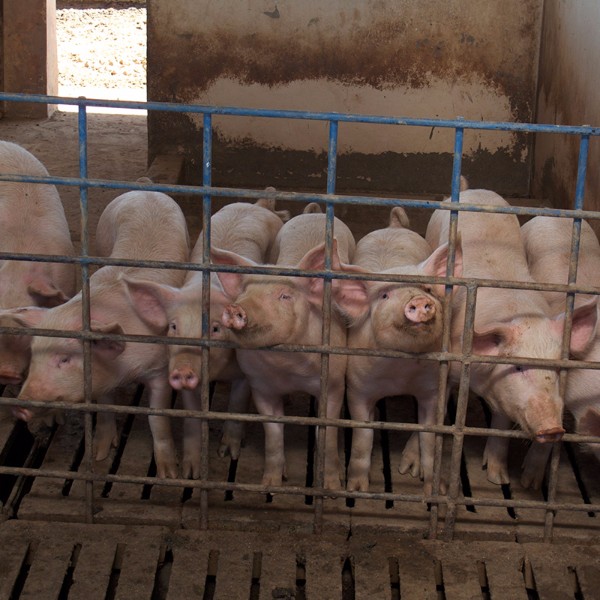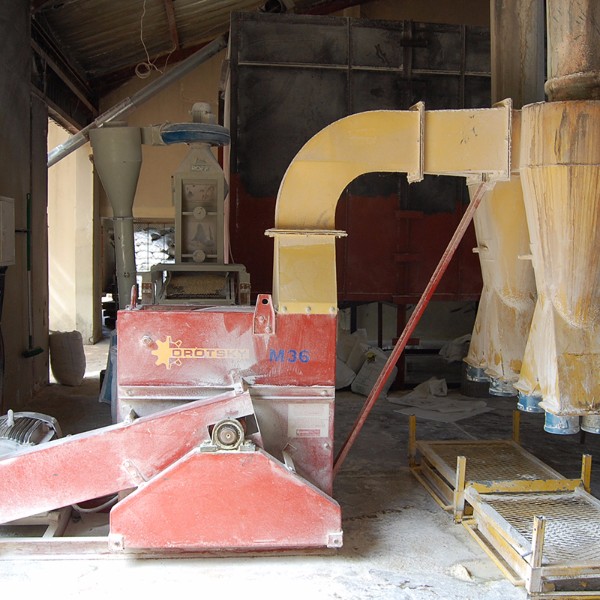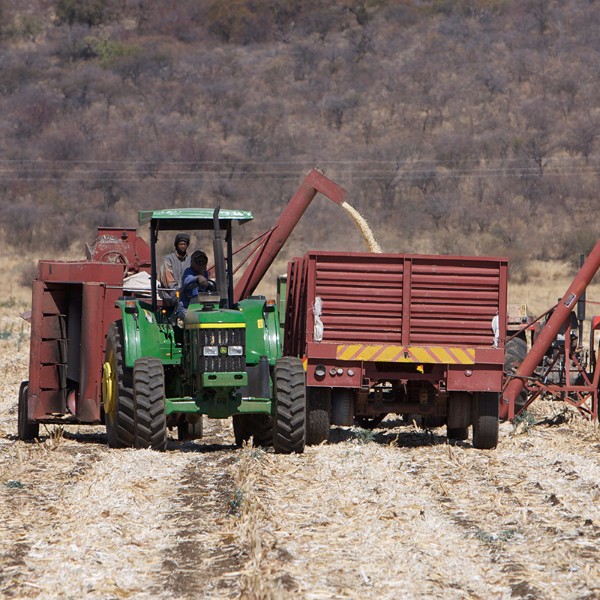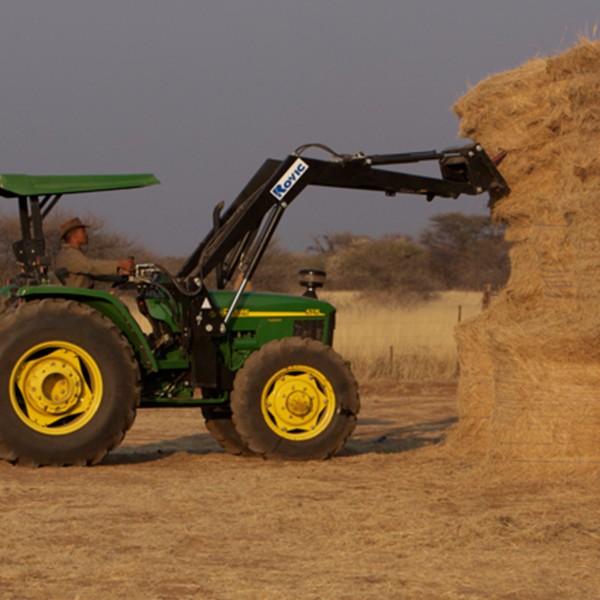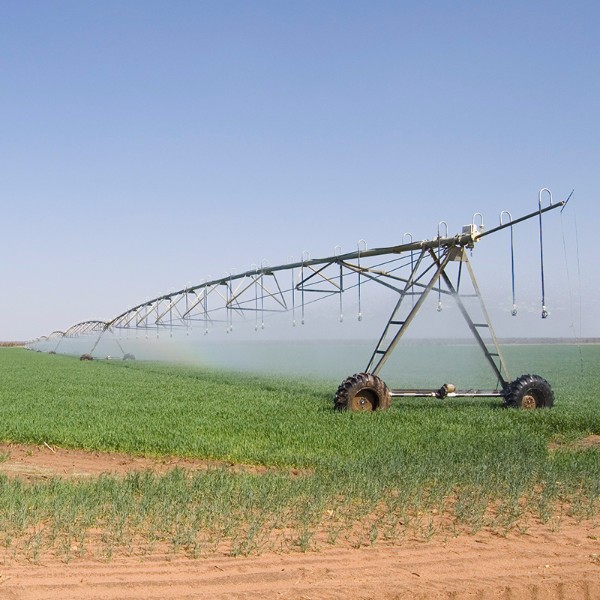
Head Office
Branches
Find a branch near you!Hours: 7:30-16:15, Central Africa Time Zone (UTC+02:00)

Quick News
FARMLAND AUCTIONS, THE BANK’S LAST RESORT, NOT THE FIRST
12 Aug 2025
Our Mandate if to empower, not to auction farms
Agribank is a development finance institution, established by an Act of Parliament, the Agribank Act, 2003 (No. 5 of 2003). This Act mandates Agribank to advance loans to persons engaged in agriculture and activities related to agriculture. In accordance with the provisions of the Act, the Bank is empowered to secure repayment of funds advancedby Agribank through registration of collateral. Where loan defaults occur, and all reasonable collection efforts have been exhausted, the Bank is empowered to repossess secured assets. Such repossessions typically occur through public auctions. However, this is newer the Bank’s preferred course of loan recovery action.
It is imperative that our stakeholders understand that the Bank’s operating model is based on advancing loans and recovering such loans when they fall due. Therefore, the sustainability of the Bank depends on commitment to loan repayment by the clients. Failure of clients to meet loan repayment obligations means the Bank will not be able to extend loans to more customers in future, especially the youth and emerging farmers seeking to develop and grow their agriculture enterprises.
Capital injections, whether through government transfer or debt from financiers, are only part of the banking equation. Lenders and shareholders of Agribank expect these funds to be repaid back and recycled to support future generation of farmers. When defaults increase and recovery prospects diminish, the Bank’s creditworthiness is affected, making it more difficult to raise additional funding required to transform the agriculture sector. In today’s fiscal environment, Agribank must strive to remain self-sustaining.
Support to clients
At the Bank, we understand that that majority of our clients operate in a challenging environment mainly characterised by harsh climatic conditions and changing economic conditions. As such, the Bank remain flexible in aligning repayment terms to cashflow cycles, offering loan restructuring and relief programme to clients. Similarly, the Bank encourages clients, especially those with multiple income streams to make regular repayments towards reducing their loan instalment rather than waiting for the loan to fall due and payable. In certain cases, this is now implemented as a condition of loan approval, fostering responsible financial behaviour. The Bank also offers voluntary advisory services and training to help clients strengthen their farm management and financial planning skills. These services are offered at no cost, as part of the Bank’s commitments towards improving productivity and income growth of farming enterprises.
Dialogue before hard collection actions
In cases of default or imminent default, Agribank initiates recovery efforts through dialogue. The process begins with direct engagement to understand the challenges and explore viable solutions. Some of the available options include repayment arrangements, loan restructuring or grace periods where possible. We would like to put it on record that farm auctioning by Agribank is not our objective, but the last resort. Farm auctions are pursued in cases when:
Client fails to engage and respond to bank’s communication
Repayment arrangements are made and not honoured
No payment arrangements made at all
No payments havebeen made to the loan since disbursement
Calling on clients to engage
Agribank wishes to reiterate that non commitment to loan repayment obligations undermines the Bank’s development mandate and puts future generations at risk of not having access to affordable agriculture finance. The financial sustainability of the bank depends on clients honouring their repayment obligations.
The Bank is therefore open and ready to engage with all clients and strongly call on clients to initiate dialogue long before matters escalate to legal enforcement. Early engagement allows the Bank and clients to explore practical solutions either through restructuring, revised payment plans, access to advisory support and other feasible options. Proactive engagement and early actions can prevent debt from accumulating beyond control, making it easier to reset or turnaround the farming operation.
In conclusion, at the Bank we believe in co-creating solutions and are committed to working with clients to turn the farms into productive assets. This is not on with the view to protecting individual farmers but preserving the sustainability of the bank for future generation. The sustainability of the bank is therefore a shared responsibility.
END.
Issued by:
Dr Raphael Karuaihe
Chief Executive Officer
Agribank Announces Drought Relief to its Clients
11 Jul 2024
Namibia’s agricultural premier lender, Agribank, has commenced with the roll-out of the drought relief subsidy, which was announced by Hon. Iipumbu Shiimi, Minister of Finance and Public Enterprise (MFPE), during his budget speech in February 2024. The drought relief will be implemented effective today (10 July 2024), and it will be in the form of an instalment relief and a penalty interest waiver for clients.
First intervention: Based on the criteria agreed with MFPE, this intervention of instalment relief is limited to Agribank clients with farmland and livestock loan accounts. The instalment relief targets clients who are in good standing and whose instalments fall due from 1 April 2024 to 31 March 2025. Clients who fell into arrears between 1 April 2023 and 31 March 2024 will also be considered. Accounts of qualifying clients will be credited in full as and when instalments fall due, and past-due accounts will be credited with immediate effect. The total commitment for this intervention is N$104.6 million.
Second intervention: As a gesture of goodwill, Agribank offers to waive penalty interest amounting to approximately N$83 million for this financial year (April 2024 - March 2025) for all our clients that are in arrears.
"We are facing challenging times for both our clients and the bank. We want both to survive, and we are trying to balance many considerations to ensure our clients receive some scope to make it through this difficult period", stated Dr Raphael Karuaihe, Chief Executive Officer.
For Agribank, our main and sustainable source of funds is loan repayments by our clients. This means that extending the same relief to all clients of the bank is unfortunately not a financially viable option at this stage".
While we acknowledge that the instalment relief may not reach every affected farmer, we trust that our consideration of waiving penalty interest for all clients in arrears serves as a welcome relief to all our valued clients. We will continue to maintain a flexible approach in our discussions with individual clients in our attempt to find appropriate solutions in line with the Bank’s policies and procedures.
Issued by:
Fillemon Nangonya
PUBLIC RELATIONS OFFICER
For enquiries, kindly contact the Marketing and Communications Division at:
Tel.: 061 2074308 Email: info@agribank.com.na
Agribank Introduces Credit Life Insurance Product
31 May 2024
The Agricultural Bank of Namibia (Agribank) is pleased to announce the introduction of a Credit Life Insurance product, effective 1 June 2024.The Credit Life Insurance serves as a financial security and protection against unforeseen events, tailored exclusively for Agribank clients.
The Agribank credit life insurance offers benefits beyond covering death and protecting a client’s estate. If a client becomes permanently or temporarily disabled, is diagnosed with a serious illness, or faces retrenchment, the insurance will cover the client's loan instalments for a specified period, providing essential financial relief during challenging times.
Moving ahead, Agribank hereby inform the public that the credit life insurance becomes a mandatory requirement for all eligible clients, effective 1 July 2024. However, applicants/clients will not be compelled to take up the Agribank Credit Life Insurance, but they do have an option of providing an alternative life cover from an insurer of their choice.
Similarly, existing clients with life insurance policies can continue to use their current coverage, although they are also invited to participate in the Agribank Credit Life Insurance program to enjoy its comprehensive benefits.
According to Chief Executive Officer, Dr Raphael Karuaihe, “The introduction of the Credit Life Insurance is a significant step forward for Agribank. It supports the sustainability of our clients' farming and agro-enterprise ventures by providing a financial safety net against unforeseen events. Furthermore, the initiative demonstrates Agribank’s dedication to offering innovative and affordable products and services.”
The Agribank credit life insurance is underwritten by Momentum Metropolitan Namibia Limited, while Agribank is designated to market and sell the credit life insurance to its customers.


